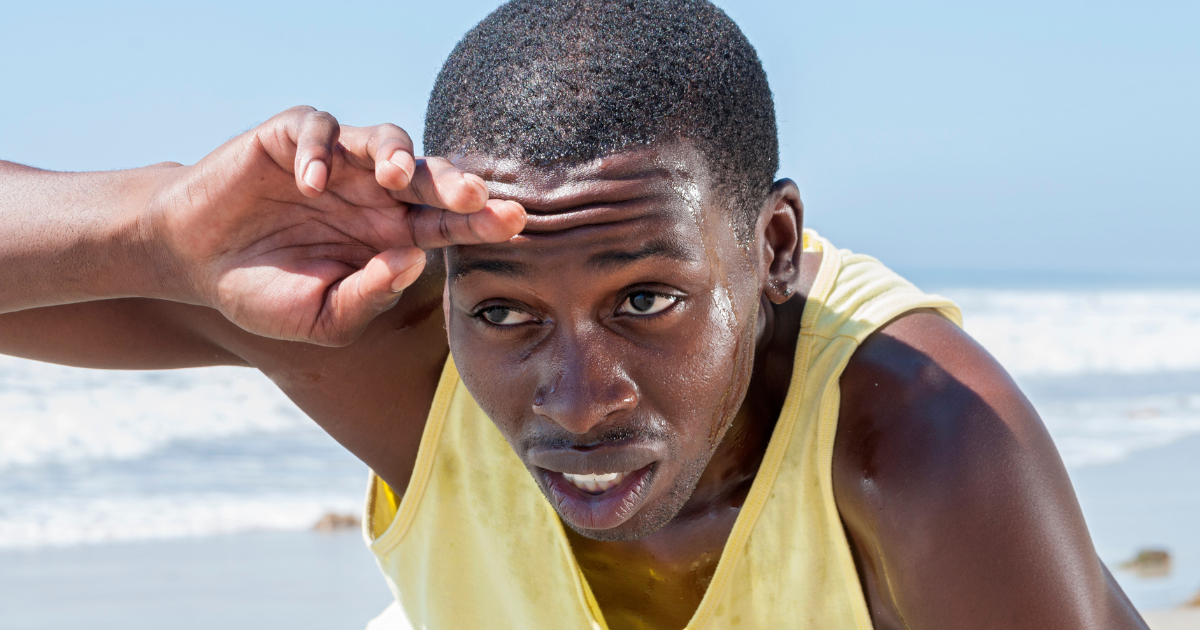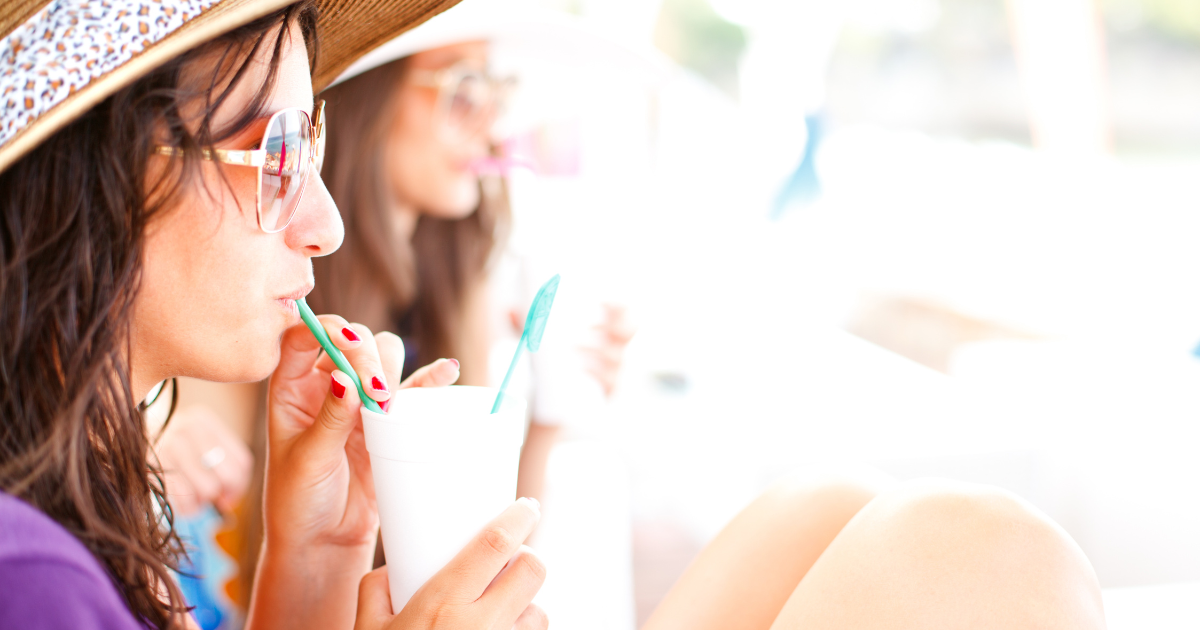Drinking Habits in the Summer
Many people see the summer months as a time to enjoy warmer weather. They do this at outdoor events like barbecues, pool parties, beach vacations, concerts and baseball games, to name a few. It’s not uncommon for alcohol to accompany some of these festivities. Summer is typically the time of year when people drink the most alcohol (excluding December, due to the holiday season), and also a time when people face heat-related health risks.
Even without the rising temperatures in the summer, drinking too much alcohol presents a variety of long-term health risks. They include:
- Heart and liver disease
- Certain types of cancer
- A weakened immune system
- Mental health problems
In the short term, drinking too much alcohol can lead to injury, alcohol poisoning or dehydration. The last one, dehydration, is important to note because it’s a common risk factor of being outside in the heat for long periods of time. The risk of dehydration only multiplies when you combine the summer’s high temperatures with drinking alcohol.
What is Dehydration?
Dehydration is caused when the body loses more fluid than it takes in. Common symptoms of dehydration include:
- Excessive thirst
- Lightheadedness
- Fatigue
- Dry mouth
- Dark-colored urine or decreased urination
When people drink alcohol in extreme heat, their body is either losing fluid through urine or losing fluid through sweat. Alcohol has diuretic properties, so it makes your body urinate more than usual. It does this by slowing your body’s production of vasopressin, a hormone that helps regulate water secretion by communicating to your kidneys to reabsorb water instead of flushing it through to the bladder. When vasopressin isn’t produced, your bladder fills more quickly with urine and causes you to have to go to the bathroom more frequently. This process increases your overall fluid loss.
In addition, excessive alcohol consumption clouds judgment and can cause you to forget to drink water to stay hydrated.

Drinking alcohol in high temperatures or extreme heat causes the body to lose fluid through urine or sweating.
6 Tips to Minimize Dehydration in the Heat
When temperatures are high, our bodies sweat in an attempt to cool off. Unfortunately, when we sweat we also lose electrolytes like sodium and chloride (as well as potassium, calcium and magnesium in smaller amounts). Electrolytes are important substances that help maintain fluid balance and regulate chemical reactions and muscle movement within your body.
When your electrolytes are thrown off by dehydration, you can experience the following:
- Cramps
- Dizziness
- Confusion
- Irregular heartbeat
In severe cases, electrolyte imbalance can lead to seizures, coma or cardiac arrest. Because of this, it’s important to replenish electrolytes and drink plenty of fluids when trying to rehydrate after excessive sweating.
Below are six tips to help minimize your risk of dehydration when out in the heat.
1. Drink water
Thirst is generally a good indicator of when you need to drink more. As a rule of thumb, aim for eight-to-16 ounces at a time every couple of hours.
2. Consume water-rich foods
Try eating foods, specifically fruits and vegetables, that are high in water content, like cucumbers, watermelon, cantaloupe, tomatoes, apples and peaches.
3. Replace electrolytes
When needed, drink a low-sugar sports drink or electrolyte drink mix instead of plain water to help replenish electrolytes lost through excessive sweating or urination.
4. Avoid strenuous outdoor exercise
To reduce sweating, avoid outdoor exercises that can push you to the limit of dehydration and heat exhaustion.
5. Pay attention to your urine
Clear-to-light yellow urine indicates proper hydration, whereas a dark or amber color means you should increase your fluid intake.
6. Avoid or reduce alcohol intake
Depending on whether or not you struggle with alcohol, it’s important to avoid or reduce consumption in the heat.
Non-Alcoholic Drink Options for Summer
If you’re in recovery from alcohol and are going to be in a situation where others will be drinking, consider bringing a non-alcoholic refresher or mocktail instead, or just bring water to drink. Consider having a friend or family member around that can hold you accountable. Your recovery and overall health is too important to risk it at a summer event.
If you’re not in recovery, you should still limit your alcohol intake ( no more than one drink for women and two drinks for men). However, if you do consume alcohol, be sure to alternate a glass of water between each alcoholic drink.
For more non-alcoholic recipes, follow our mocktail series.
@landmarkrecovery The perfect summer mocktail #landmarkrecovery #mocktail #addictionrecovery #mocktails #healthyrecipes #nutrition #watermelon #soberliving #soberlife #recoveryispossible #sobertiktok ♬ Watermelon Sugar – Harry Styles
Find Alcohol Addiction Treatment
If you or someone you know is struggling with alcohol, give us a call at 888-448-0302 to speak with a recovery specialist, available 24/7. Our staff will guide you through the admissions process or give you more information on battling an alcohol use disorder. Visit our locations page to find a treatment center near you.

Choose Recovery Over Addiction
We're here 24/7 to help you get the care you need to live life on your terms, without drugs or alcohol. Talk to our recovery specialists today and learn about our integrated treatment programs.




